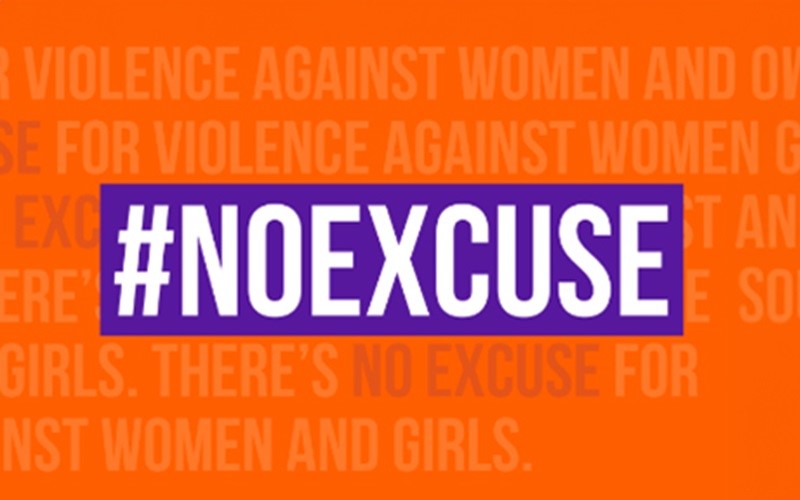On 25 November 2023, the International Day for the Elimination of Violence against Women, the world observed the launch of 16 Days of Activism Against Gender-Based Violence (GBV). As the United Nations calls upon governments, organisations and individuals to once again consider different ways of painting the world orange, including through decorating buildings, wearing the colour orange and “oranging” digital spaces throughout the 16 days as a commitment to ending violence against women and girls, the statistics are sobering.
Data from the Gender Snapshot 2023 shows that yearly, 245 million women and girls across the globe aged 15 years or older experience physical and/or sexual intimate or non-intimate partner violence and that one in five young women are married before the age of 18. In many instances, these incidences go unreported or remain unresolved because the resources, laws and legal protections are unavailable or unknown. Conflict disproportionately affects females by intensifying pre-existing gender inequalities and discrimination and through human rights violations including GBV. In 2022, there were 614 million women and girls living in conflict-affected contexts. Gender-based violence is on the rise in digital spaces through trolling, doxing and hate speech. The United Nations Department of Economic Affairs reports that at this critical mid-point for achieving SDGs, only two of the Goal 5 indicators are close to the target. An estimated USD 6.4 trillion per year is needed across 48 developing countries to achieve gender equality and women’s empowerment by 2030.
This year, the UN Secretary General’s campaign to end violence against women, “UNiTE”, has the theme “Invest to Prevent Violence Against Women & Girls”. The theme calls for a focus on the importance of financing different prevention strategies to stop violence from occurring in the first place. Gender responsive budgeting and systems to track allocation and expenditure will enable governments to cost and spend for gender equality in priority areas that reduce poverty, increase access to the factors of production, enhance participation in political and economic spheres and reduce gender parity gaps.
COL supports partners in the Commonwealth to prevent GBV through the development of gender-responsive policies and strategies in governments and organisations and building the capacity of policymakers and staff on gender equality. COL partners with non-governmental and women’s rights organisations to sensitise and empower communities in tackling the discriminatory gender norms that sustain and perpetuate gender inequality, to train women and girls on asserting their human rights and on the legislation that protects those rights. COL also educates traditional leaders, men and boys, by harnessing their power to become rights defenders and advocates for gender equality. By investing resources in education and training in livelihoods, COL’s comprehensive approach to human resource development contributes to creating an enabling environment for women and girls to escape key drivers of gender-based violence such as poverty, child, early and forced marriage and economic dependence.
The 2023 social media hashtag is #NoExcuse. It is a vivid reminder that there is no reason for GBV to exist in our world and every reason to invest in preventing violence against women and girls.

